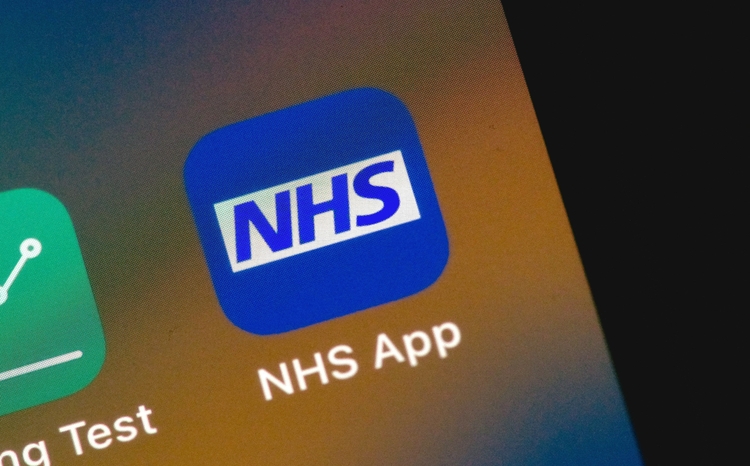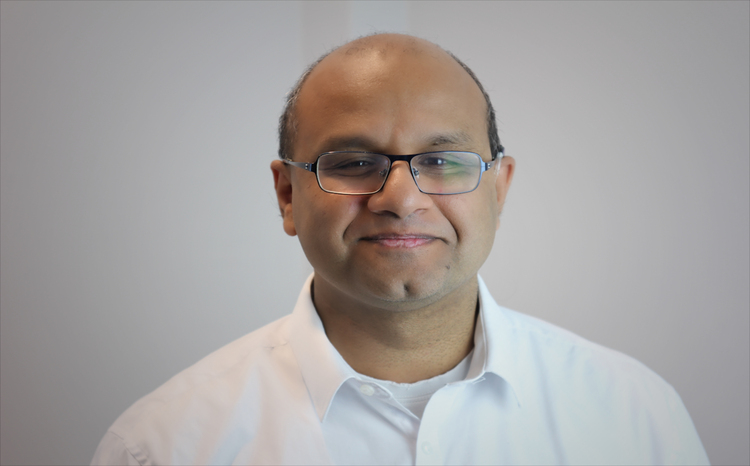10 year health plan: The NHS cannot do it alone
- 16 July 2025

The NHS must partner more effectively with private enterprise to deliver the plan’s digital ambitions, writes Dr Charlotte Refsum, director of health policy at the Tony Blair Institute
The prime minister has been clear from the start that his aim is to build an NHS fit for the future and the NHS 10 year plan, published on 3 July, is an attempt to demonstrate how his government intends to do that.
It makes clear that it’s change or bust for the NHS and this government are choosing change. But how does an organisation like the NHS really change?
Greater emphasis on patient choice is a good start. The world we now operate in and the way we access services has fundamentally changed – people are no longer willing to accept waiting over a week for a routine GP appointment or hours in A&E for an emergency.
We are already seeing people circumventing these systems with more people turning to private providers for their health care as it offers greater choice and autonomy. And this shift should be embraced and encouraged where it makes sense – namely NHS services closest to consumers – such as prevention, planned electives and chronic disease management.
Commitment to innovation
The good news is that the 10 year plan for health seems to get this. At the heart of the document is a commitment to quality, transparency, choice and innovation, and a promise to rewire finances to align incentives and shift funding. The crucible of that choice is the NHS App with the potential to disrupt the NHS operating model from the inside out.
It is in the app that patients will be able to view outcomes, exercise choice and gain access to cutting edge treatment through clinical trials. And increasingly, it will also become the place where they can access third party services, certified and reimbursed by the NHS.
The success of the NHS App hinges on the implementation of a single patient record. Only with a SPR in place will the NHS be able to deliver transformative care
However, the success of the NHS App hinges on the implementation of a single patient record (SPR). Only with an SPR in place will the NHS be able to deliver transformative care to patients, no matter where or how they access the health service.
An SPR would ensure that patients are seen by the right person, at the right time and in the right place as their complete medical record would be on hand when they were seen, enabling better triage.
It would enable patients with a long-term condition to be empowered to take greater control of their health through apps and digital therapeutics. It would also facilitate care closer to home, with all members of a neighbourhood team able to work with up-to-date information so that care would be safer and more effective. It could also deliver precision public health, offering tailored advice, investigations and early treatment based on individual risk of ill health.
The NHS cannot possibly hope to develop this range of digital services in house
But one critical factor for success is that if the NHS is to remain at the forefront of innovation in the AI era then it must partner more effectively with private enterprise. It cannot possibly hope to develop this range of digital services in house.
Again, the 10 year health plan is encouraging, with plans for centralised procurement of digital technologies. This has the added advantage incidentally, of providing a national offer when the plan is for much of the rest of the service to be devolved.
Yes, the 10 year plan isn’t perfect. It’s more of a vision than a plan, most of it is unfunded and there are some details still to pin down – but there is a lot right with it.
Reinvent access to care
For my money, the most effective thing government could do now is prioritise delivery of the NHS App. With the right political backing and delivery muscle, the NHS App can be transformed from a clunky piece of old tech into a personal, intelligent health companion that reinvents how people access care, manage their health, and engage with the health system.
Getting the NHS App right could be the biggest tangible improvement in people’s experience of public services in a generation. It is transformative, achievable within the next four years and by that time could be intricately associated with the competence of government.
 Dr Charlotte Refsum is director of health policy at the Tony Blair Institute. She was a member of the key group leading strategy on data and technology for the NHS 10 year health plan.
Dr Charlotte Refsum is director of health policy at the Tony Blair Institute. She was a member of the key group leading strategy on data and technology for the NHS 10 year health plan.




